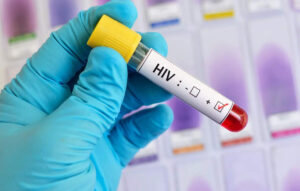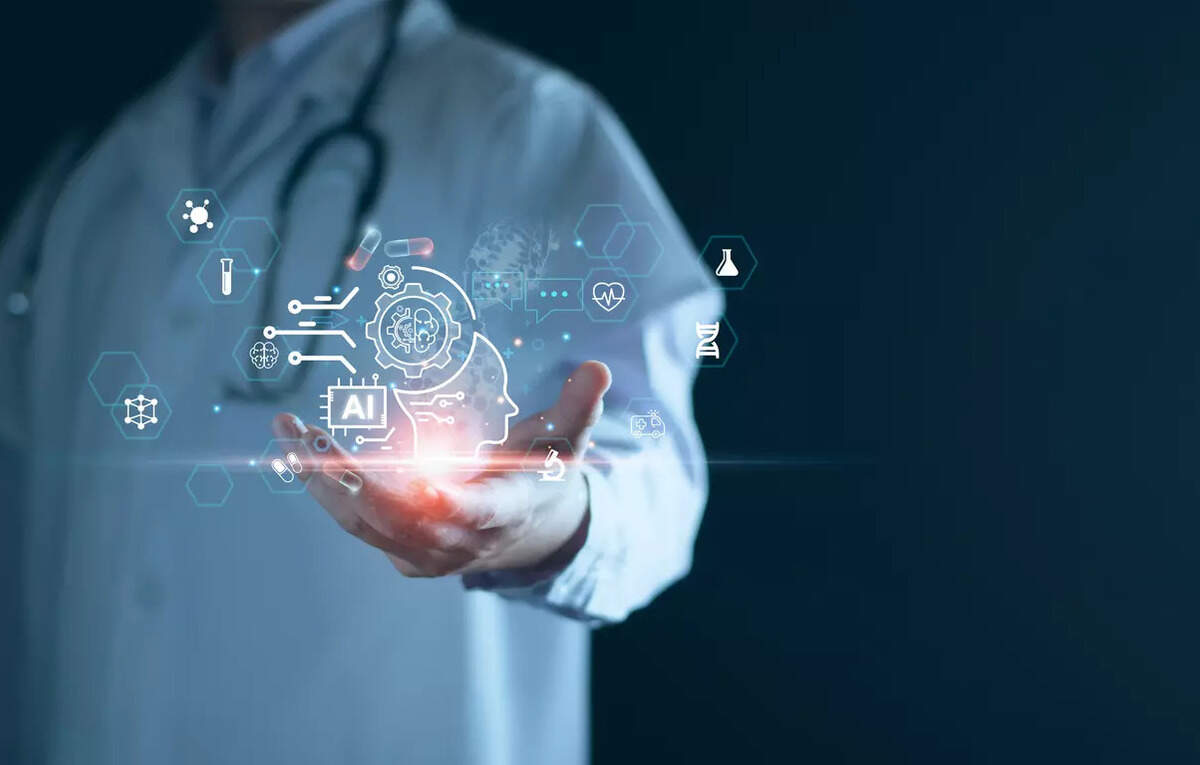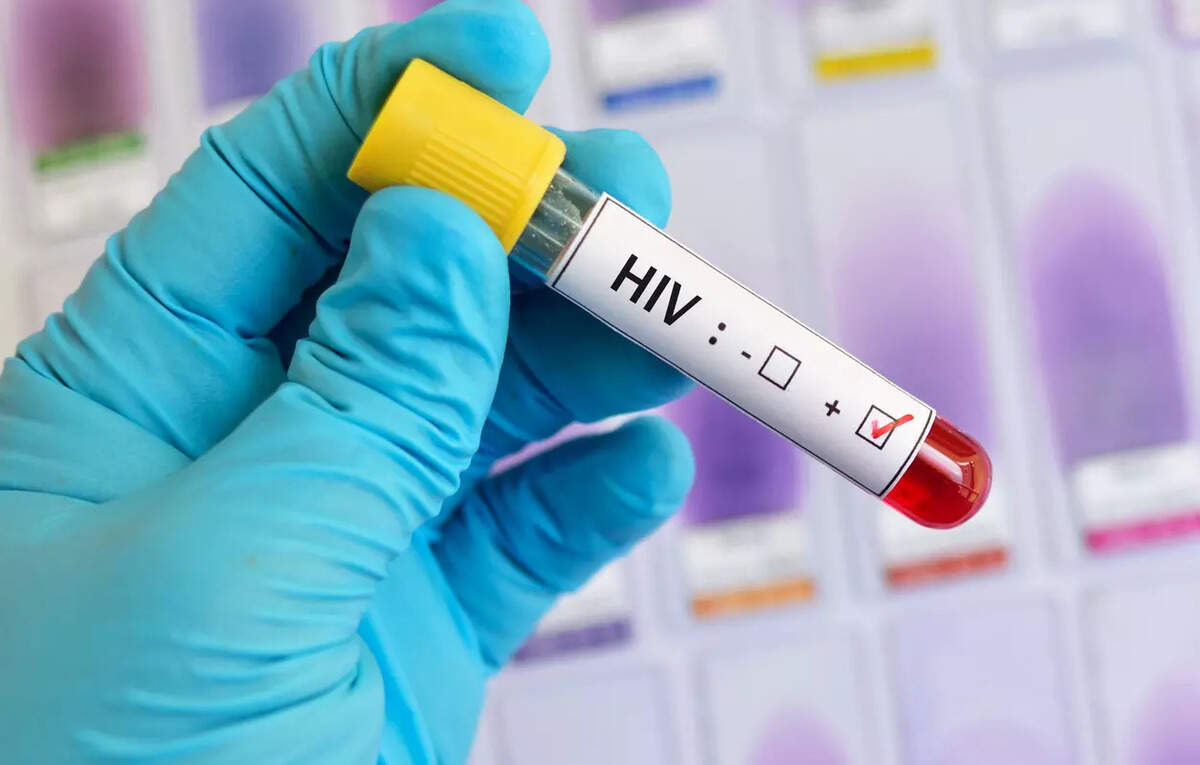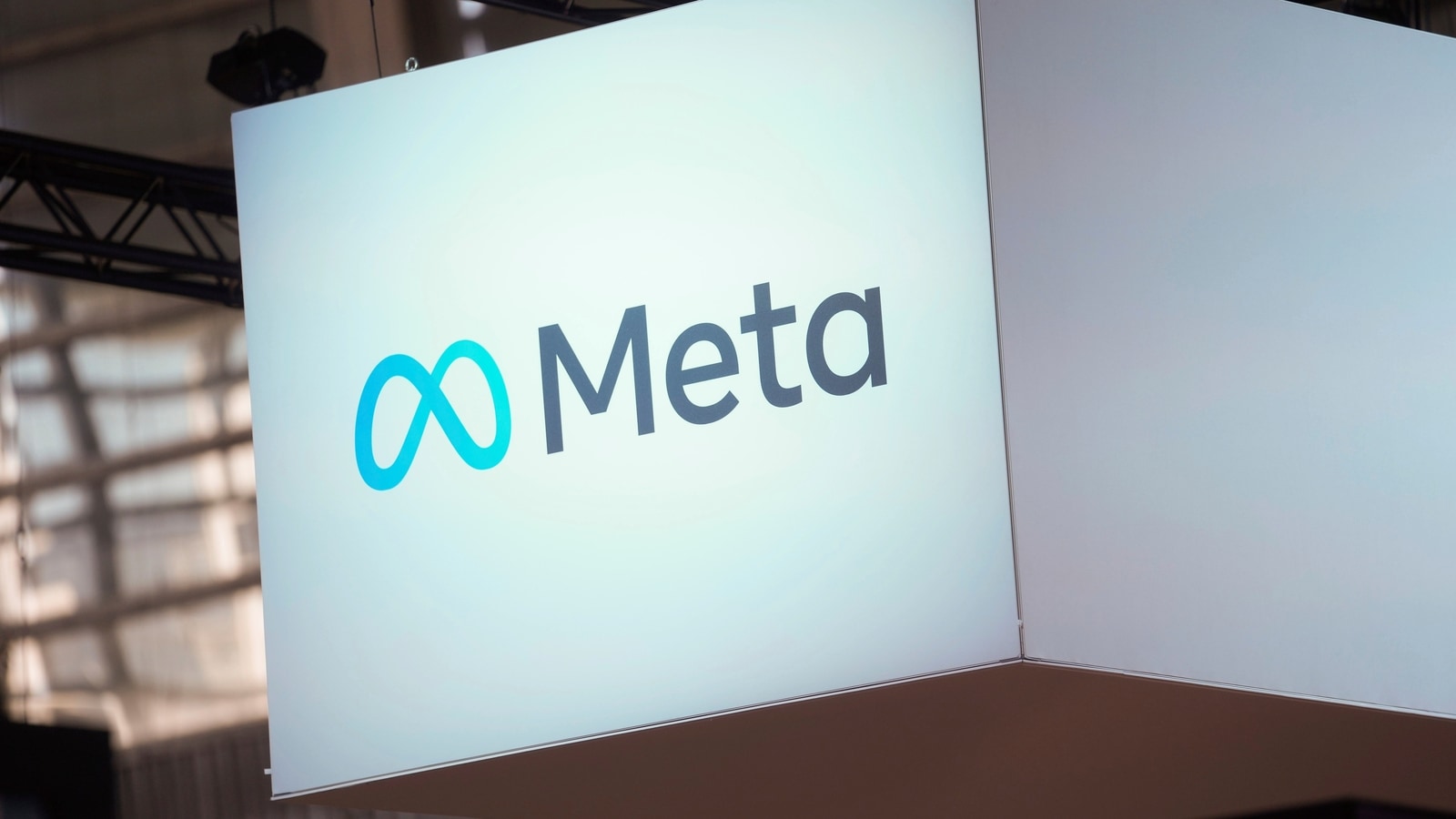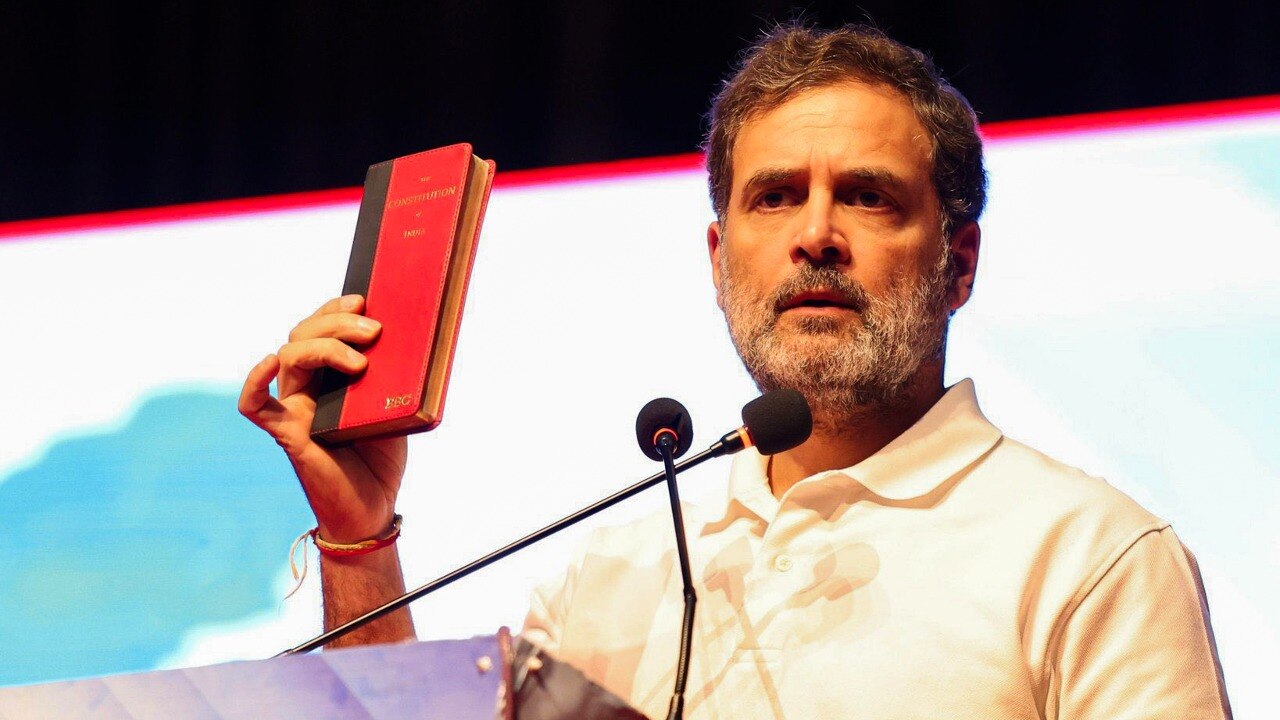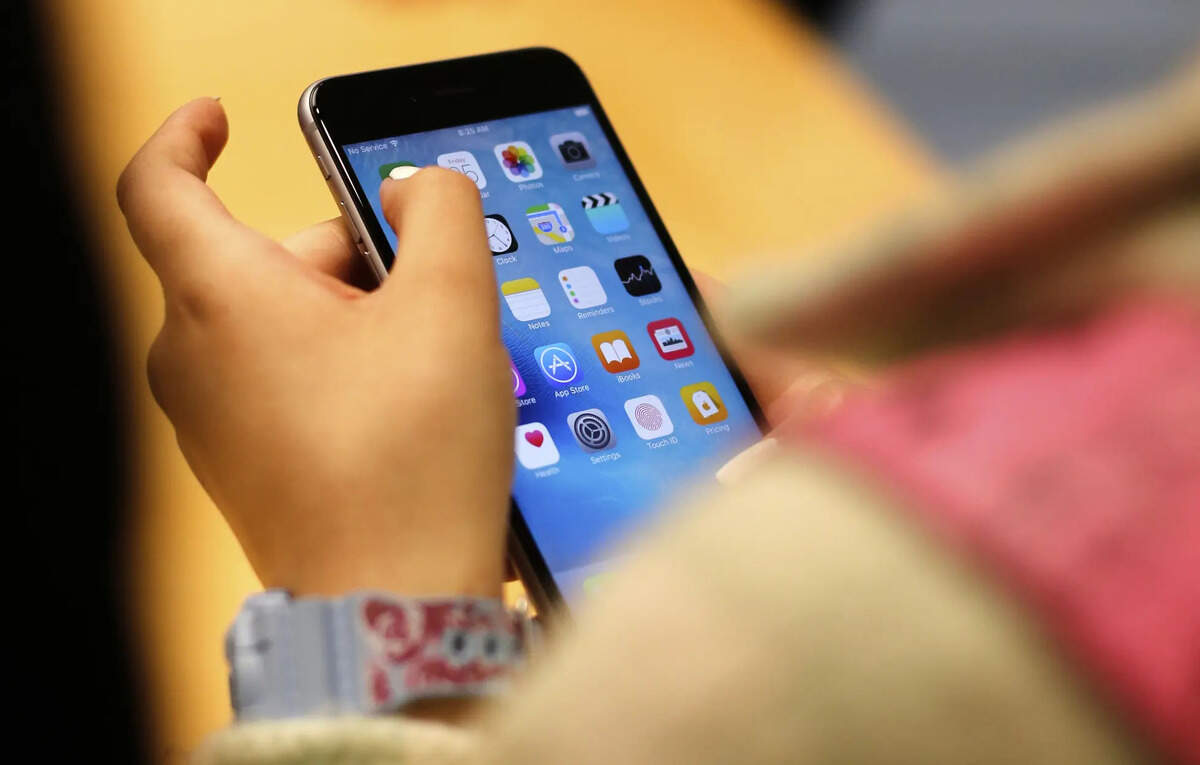
The Alarming Impact of Social Media on Eating Disorders in Youth People
As we navigate the complex world of social media, it’s becoming increasingly clear that these platforms can have a devastating impact on vulnerable young people, particularly when it comes to eating disorders. The constant stream of curated and manipulated content can create a toxic environment that glorifies thinness and promotes dangerous dieting habits, leading to a range of serious health problems.
The Risks of Eating Disorders
Eating disorders, such as anorexia, bulimia, and binge eating disorder, are serious mental health conditions that can have severe physical and emotional consequences. According to research, the percentage of people worldwide who have had some kind of eating disorder during their lives rose from 3.5% in 2000 to 7.8% in 2018, a timeframe that captures the rise of social media. Young women and girls are disproportionately affected, although rates among men have been increasing.
The Role of Social Media in Eating Disorders
Social media platforms like TikTok and Instagram have become breeding grounds for misinformation and dangerous advice about diet and nutrition. Influencers and bloggers often promote restrictive eating habits, excessive exercise, and other unhealthy behaviors, which can be particularly damaging for young people who are already vulnerable to body image issues and low self-esteem.
“We no longer treat an eating disorder without also addressing social media use,” says French dietitian and nutritionist Carole Copti. “It has become a trigger, definitely an accelerator and an obstacle to recovery.”
The Vicious Cycle of Social Media and Eating Disorders
Social media creates a vicious cycle that can be difficult to break. People suffering from eating disorders often have low self-esteem, but by exposing their thinness on social media, they gain followers, views, and likes, which can perpetuate their problems and prolong their denial. This can be especially true when the content earns money, as in the case of a young woman who records herself throwing up live on TikTok and uses the money to buy groceries.
The Challenges of Recovery
Recovering from an eating disorder is already a challenging and complex process, but social media can make it even more difficult. Young people tend to believe the misleading or fake diet advice that proliferates online, which can make it harder for healthcare professionals to provide effective treatment.
“I have to constantly justify myself and fight to make them understand that no, it is not possible to have a healthy diet eating only 1,000 calories – that is half what they need – or that no, it is not normal to skip meals,” says Copti. “The patients are completely indoctrinated – and my 45-minute weekly consultation is no match for spending hours every day on TikTok.”
The Rise of Pseudo-Coaches
The rise of social media has also led to the emergence of pseudo-coaches, who share incorrect and potentially illegal nutrition advice with their followers. These influencers often carry more weight than qualified healthcare professionals, making it harder to get accurate information across.
A Call to Action
So what can be done to address the alarming impact of social media on eating disorders in young people? First and foremost, it’s essential to recognize the risks and take steps to mitigate them. This may involve regulates social media platforms to remove harmful content, providing education and resources for young people and their families, and promoting positive body image and self-esteem.
For healthcare professionals, it’s crucial to address social media use as part of treatment and to provide accurate and evidence-based information about nutrition and diet. By working together, we can create a safer and more supportive environment for young people to navigate the complex world of social media and reduce the risk of eating disorders.
Take Control of Your Health
If you or someone you know is struggling with an eating disorder, there are resources available to help. Don’t hesitate to reach out to a qualified healthcare professional or a support hotline for guidance and support. Remember, recovery is possible, and there is hope for a healthier and happier future.
Stay Informed and Support Our Community
Join our community of 2M+ industry professionals and stay up-to-date with the latest insights and analysis on eating disorders and social media. Subscribe to our newsletter to get the latest news and research, and download our app to access a wealth of resources and information on the go.
Together, we can mak
Content originally published by health.economictimes.indiatimes.com








